SUBSCRIBE TO OUR NEWSLETTER
Don`t miss out on exclusive impact stories, updates about our work, research, and learning tips. Subscribe to Venture 2 Impact newsletter!
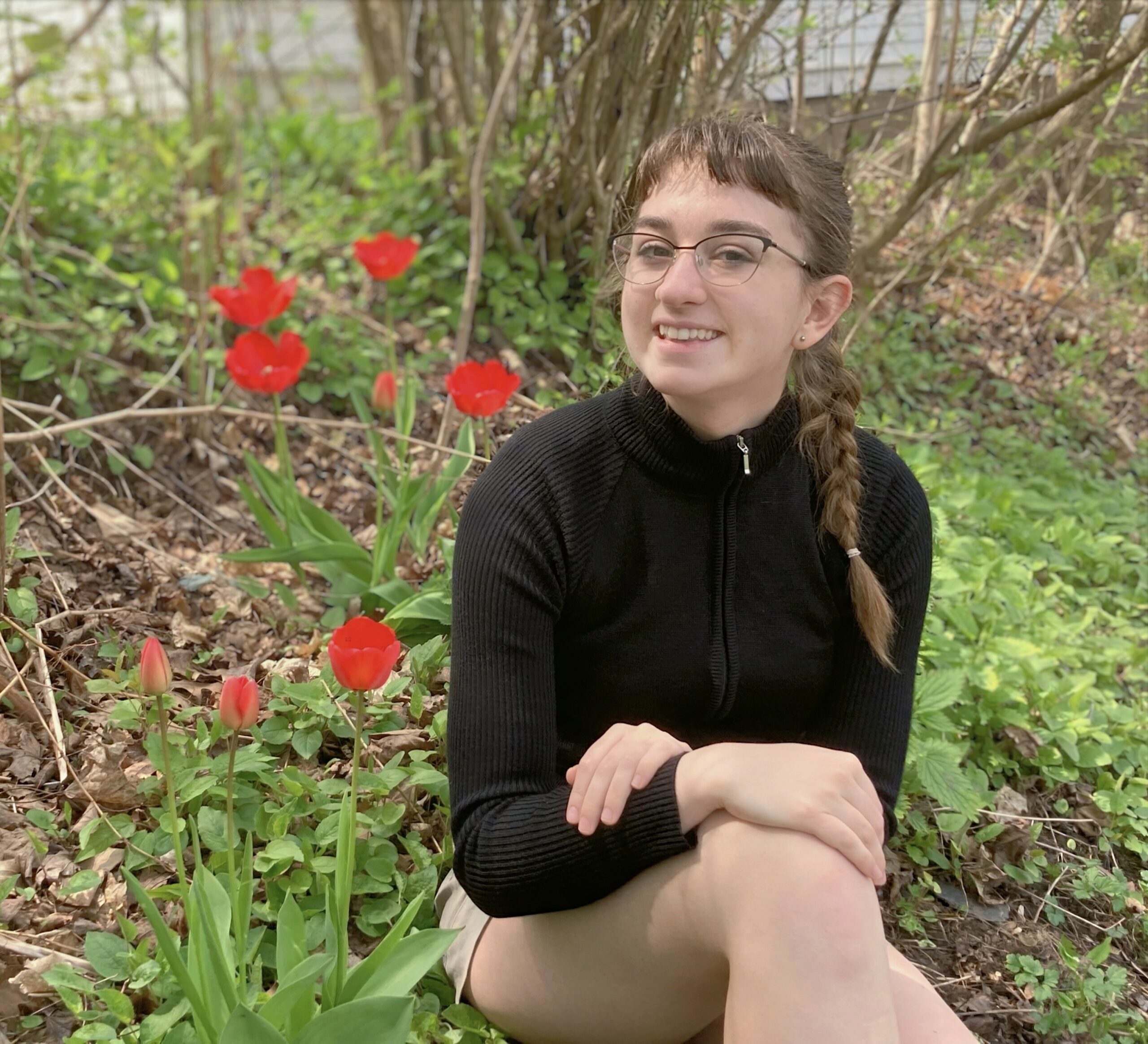
Note: ¹ Alternative to terms such as ‘visible minority,’ the use of the term ‘people of the global majority’ refers to Black, Indigenous, and People of Colour, recognizing that they make up 80% of the world’s population. For more information, refer to Oxfam’s Inclusive Language Guide.
When we hear the word ‘racism,’ it typically evokes an image of an obtrusive, observable demonstration of hostility that is easily condemnable in the public eye. However, it is crucial to remember that racism does not always present itself as an overt and deliberate act of hatred—it can also manifest itself in subtle, often unintentional ways, which can create an unwelcoming environment for people of the global majority¹ in all contexts. Even the most well-intentioned charities or non-profit organizations are vulnerable to the destructive undertones of racism.
It is pernicious, and disguises itself in the form of language misuse, implicit bias, and other microaggressions. It is highly important for those who make up these organizations to carry the right tools to not only oppose racist ideologies that already exist, but also to dismantle their own internal frameworks, identify subtle racism that often underlies our everyday thought processes, and ultimately address what may be contributing to this pervasive issue.
Anti-racism is not simply the absence of racism, nor is it merely being aware of or attentive to its existence—anti-racism is a tenacious commitment to oppose racism by taking action against the societal structures and normative behaviours that perpetuate it. Educational retreats—like the Atlantic Council for International Cooperation (ACIC)’s Anti-Racism Retreat—is just one example of an effort that an organization can make to help individuals broaden their anti-racist repertoire, and to build upon the necessary skills to oppose, prevent, and eliminate racism in our workplaces and beyond.
The Atlantic Council for International Cooperation’s Anti-Racism Retreat was a three-day immersive, on-site experience that engaged members of the ACIC network in order to expand on what it means to embrace the anti-racist approach, and ultimately build a broader network of understanding on how to combat racism. I was incredibly fortunate to attend this event with the Innovation & Funding Specialist and fellow teammate at V2I, Lila Berryman. Joining us were a dozen other members from various partnered organizations gathered at the Tatamagouche Centre, an idyllic, wooded, lake-side area in the rustic town of Tatamagouche, Nova Scotia.
Each of these three days were filled with interactive, hands-on activities such as guided reflection circles and situation-based roleplay. This encouraged critical thinking around current and best practices for addressing racism in our organizational spheres.
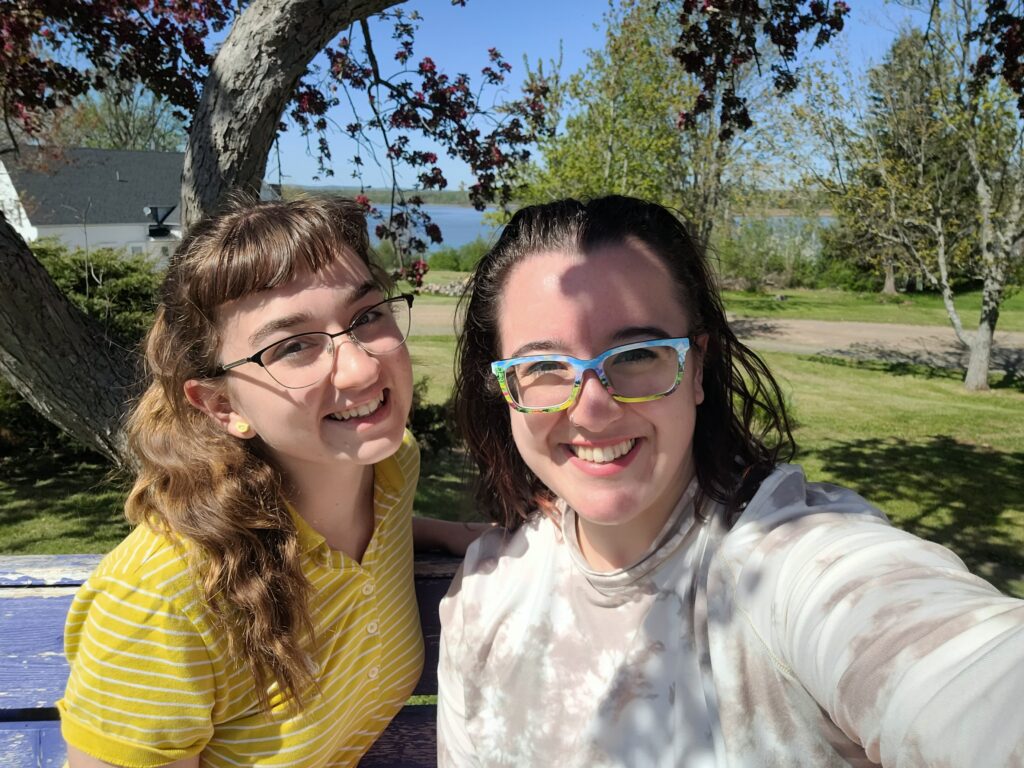
During the retreat, we were posed a number of thought-provoking questions. One question that I was particularly inspired by was, what sets us up for change? This question nudges us to think about the ways we can inspire a frame of mind that is more open to alternative viewpoints and beliefs
I believe that among the most important promoters of change is empathy and curiosity. In fact, one of the most influential aspects of the retreat was the empathy-based lens with which hypothetical scenarios and recounts of real situations were approached.
For example, instead of immediately dismissing an uninformed or insensitive comment or belief, it’s worthwhile to ask with curiosity, what causes this person to think this way? Furthermore, a ‘devil’s advocate’ role was encouraged, even when it was clear that the converse side of a belief or statement surrounding race was considered problematic. For example, declaring “I don’t see colour”—touching on the notion that some might believe that a person’s ‘colour’ is an artificial construct that is not meaningful to acknowledge.
While turning a blind eye to a seemingly ignorant belief system can be seen as reputable, asking discriminative questions invites valuable information that is needed to address the roots of the issue.
Advancing on the path of change often involves tapping into reserves of personal pain and trauma. Because of this, it is incredibly necessary to place mental health at the forefront of any reflective process or pursuit of change. At the retreat, there was a centralized focus on mental health, and empathy toward personal challenges.
It was reinforced by setting intentions before or after each daily session, whether it be a quick meditative exercise, creating a space to share thematic words, feelings, and intentions, or even spiritual drumming practice. I found that it had a destigmatizing effect on more serious conversation matters. For this reason, numerous conversations around the educational discourse naturally transcended the boundary of our scheduled sessions and carried on into personal time, whether it was over lunch or late-night tea.
This was truly indicative of a welcoming, non-judgmental environment where participants felt free to express their ideas, concerns, and personal challenges even when they weren’t specifically nudged to do so. The feeling of safety was omnipresent—there was always enough flexibility and compassion to step away and rejuvenate, whether someone was facing a hardship directly pertaining to the subject matter or in another aspect of their personal life.
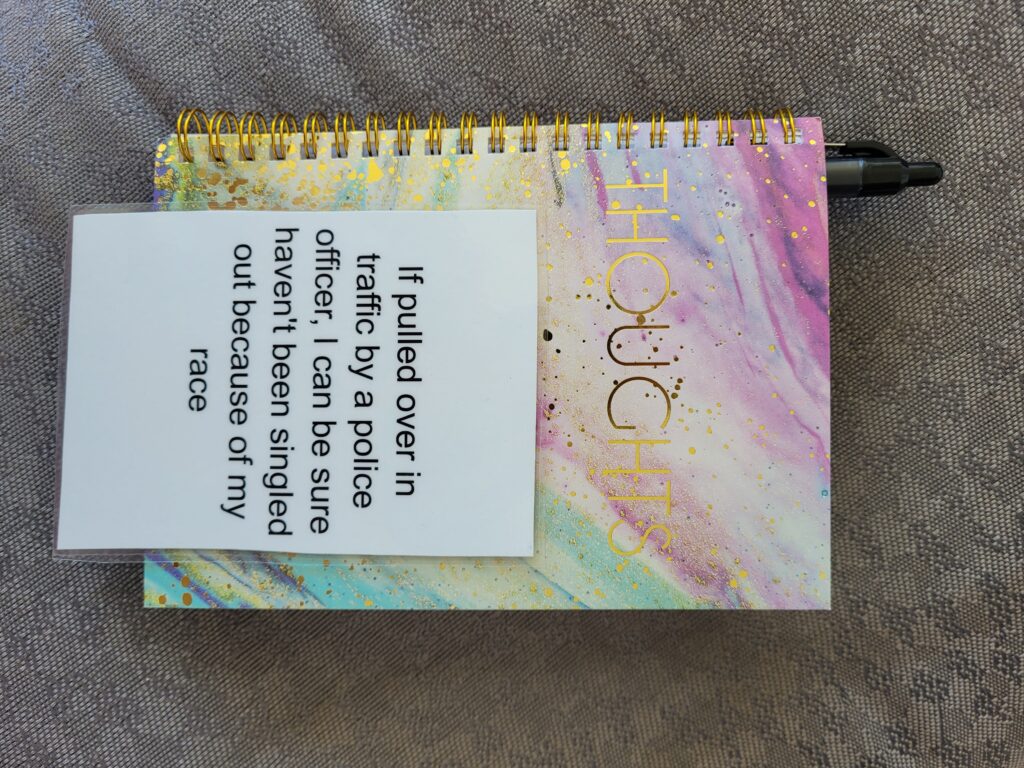
Lasting change does not come from a singular overhead decision—lasting change is a result of intentionally creating an environment in which change is allowed to flourish, and lasting change is promoted by a community that supports it. In other words, addressing the issue at its roots will change the rest of the growth sequence rather than attempting to change only what can only be seen on the surface.
Fundamentally, this is why an anti-racist approach can be considered to be preferable by many over the pursuit of diversity—although there are some short-term trade-offs in terms of immediate, face-value public recognition, an anti-racist approach is a more sustainable and strategic form of change that reaps greater benefits overtime.
A diverse workplace is a natural byproduct of an anti-racist workplace. While the work in the field of international development is ongoing, it is crucial to build frameworks that sustain, and generate echoing impact.
Overall, the ACIC retreat helped me develop a certain level of compassionate self-criticism in order to examine my experiences in depth, recognize the angle from which myself and others view racial issues, and to exercise the curiosity that allows me to ask the crucial “why” questions.
Through my work at Venture 2 Impact, synergistically paired with the knowledge I gained at the retreat, I’ve expanded on what it means to ‘share knowledge and solutions beyond borders.’ Not only have I realized that this could mean geographical borders, I have learned that wisdom is just as important shared across cultural and experiential borders—this exactly what I felt took place at the retreat.
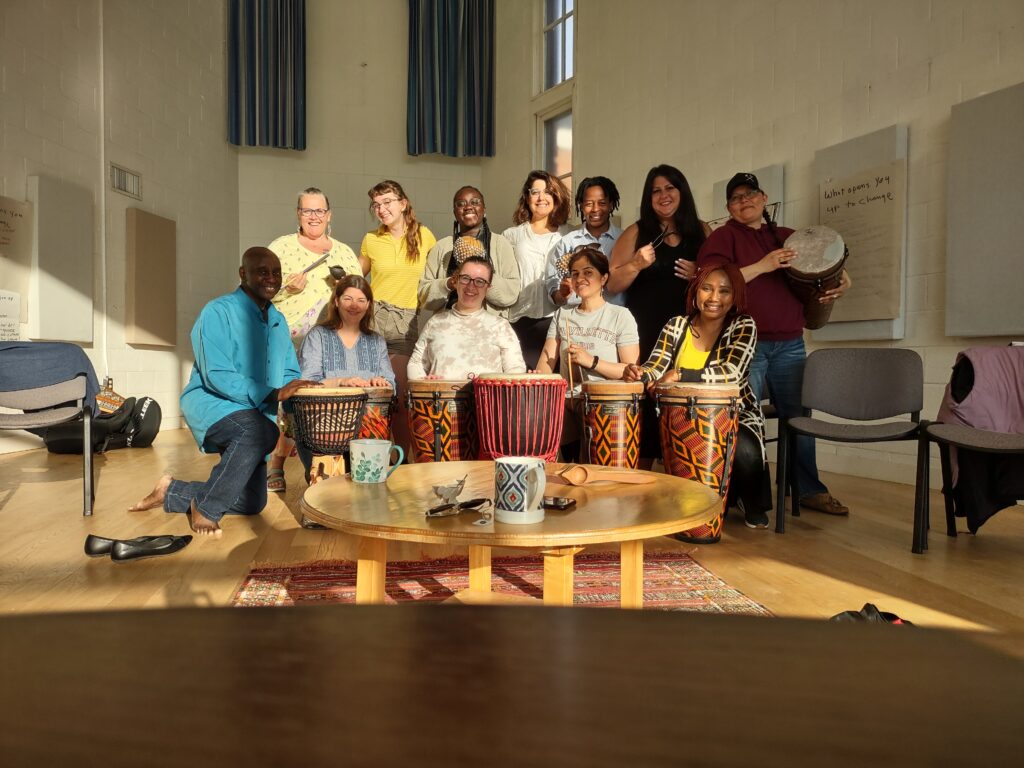
One of the beauties of educational retreats like these is that everyone is approaching the field of social impact and community-led development from different angles, which maximizes the opportunities we get to learn from one another and the perspectives we bring with us.
As a young person who is new to the field of international development, I couldn’t help but think about all the people who hadn’t had the opportunity to learn such important information up to that time. I am thankful that I can form the base of my experience on the grounds of these contemporary anti-racist principles.
Racism is deeply insidious, and often can be difficult to identify. It is imperative to pay attention to the subtle ways that racism persists in our workplaces and the whole of everyday life, and to use an anti-racist lens to undermine the foundation upon which racism is currently allowed and tolerated.

I began my journey with Venture 2 Impact (V2I) carrying the resounding personal mission statement of ‘sharing knowledge and solutions beyond borders.’
My interests have always been characterized by the notion of sharing perspectives based on leading domestic efforts between nations. It was later that I discovered that this was encapsulated by the field of international development, and thus began my desired career focus.
More specifically, as an undergraduate in Environmental & Sustainability Studies student at Acadia University, I’ve been able to centralize my focus on how human development issues intersect with, and are exacerbated by, the current global climate crisis.
At V2I, I am helping to develop, implement, and evaluate the impact of volunteering initiatives that utilize the talents of skilled volunteers, as well as establishing a constructive and meaningful environment & sustainability roadmap for the organization using a results-based approach.
Don`t miss out on exclusive impact stories, updates about our work, research, and learning tips. Subscribe to Venture 2 Impact newsletter!
